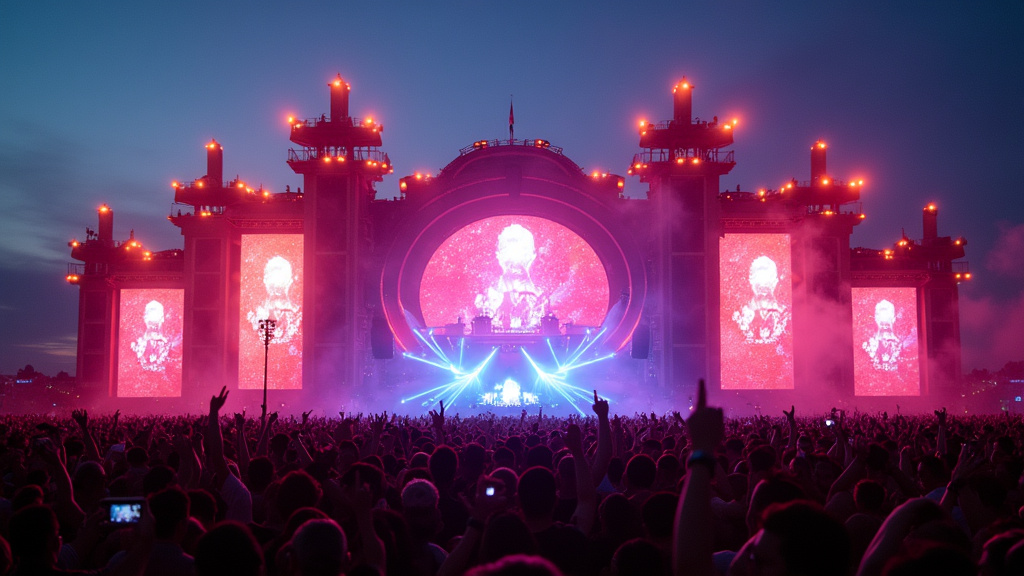The music industry is witnessing the rise of artificial intelligence, with AI-generated bands like Velvet Sundown, Aventhis, and The Devil Inside achieving significant milestones, including surpassing one million streams on Spotify. This burgeoning trend, however, is casting a shadow over the future livelihoods of human musicians, as the lines of authorship in music production become increasingly blurred.
The Emergence of AI-Powered Artists
AI bands are no longer a futuristic concept but a present reality impacting streaming platforms and listener habits. Groups such as Velvet Sundown, Aventhis, and The Devil Inside have demonstrated the growing appeal and reach of AI-created music, accumulating over a million streams on Spotify. This success signals a potential shift in how music is created, consumed, and valued within the industry.
Industry Reactions and Concerns
The advent of AI in music creation is not without its critics and concerns. Music producer Leo Sidran points out that a substantial volume of music may soon be released without transparent information regarding its creation process. This lack of clarity poses a challenge for listeners and industry stakeholders alike.
Another producer, Yung Spielburg, offers a nuanced perspective, suggesting that while dedicated “active listeners” might continue to gravitate towards human artists, the consumption of music for background purposes could see a significant shift towards AI-generated content. He cites the convenience and cost-effectiveness of AI music as key drivers for this potential change.
Economic and Ethical Implications for Musicians
The economic implications for human musicians are a primary concern. Mathieu Gendreau, an associate professor and executive within the music industry, asserts that AI’s integration into the music business is a permanent fixture. He anticipates that this will introduce further challenges for musicians striving to earn a sustainable living from their craft. The potential for AI-generated music to be produced without the accrual of royalties, unlike human artists, adds another layer of complexity to this economic equation.
The Challenge of Labeling and Transparency
Compounding these challenges is the general lack of clear labeling for AI-generated tracks across most major streaming services. Deezer is noted as an exception, providing some level of distinction for AI-created content. This inconsistency in labeling makes it difficult for consumers to discern between human and AI-generated music, further complicating the landscape and raising questions about fair competition and artistic attribution.
The growing presence of AI bands signifies a transformative period for the music industry. While offering new avenues for creative expression and consumption, it simultaneously presents pressing issues related to artist compensation, job security, and the fundamental definition of authorship in the digital age. As AI continues to evolve, the industry will need to navigate these complex challenges to ensure a sustainable and equitable future for all creators.





